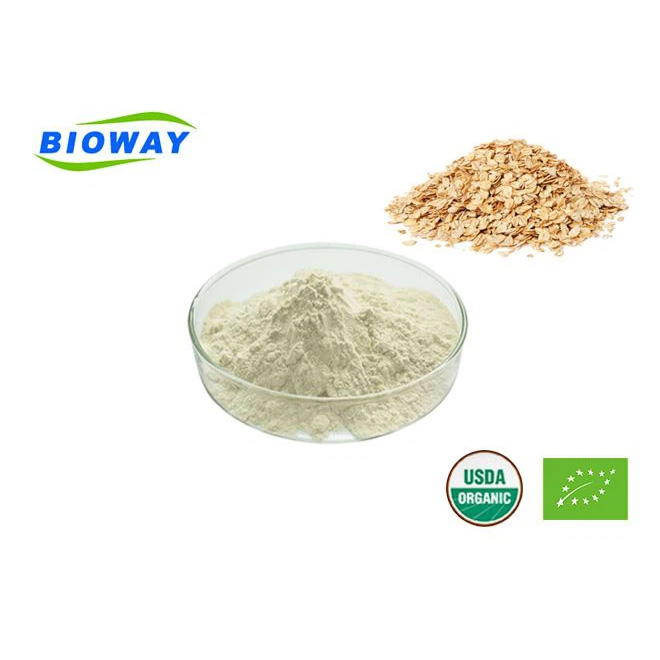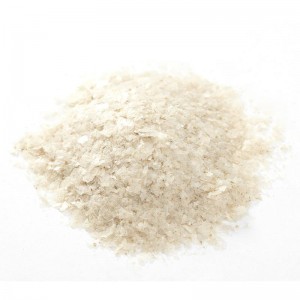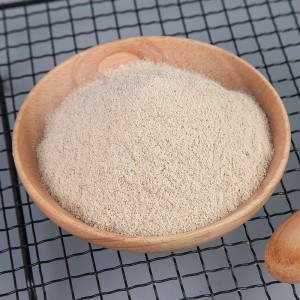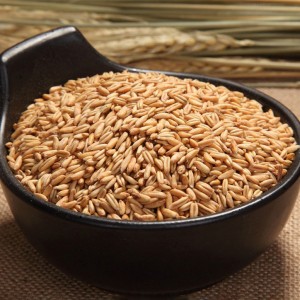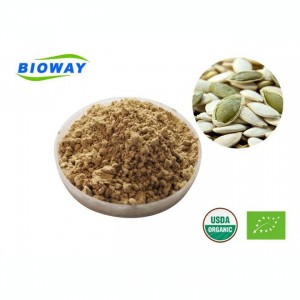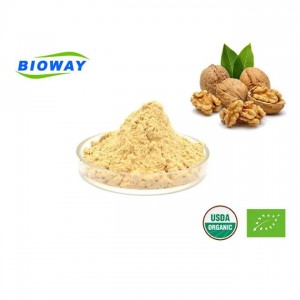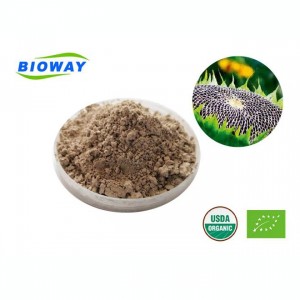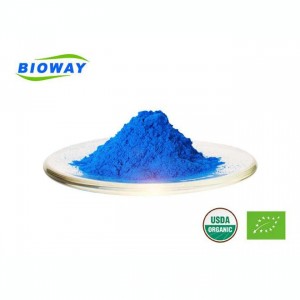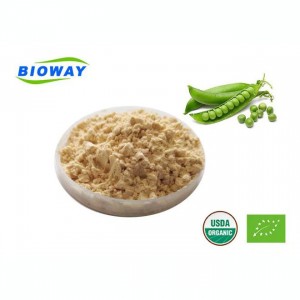Organic Oat Protein with 50% Content
Organic oat protein is a plant-based source of protein that is derived from whole oat, a type of grain. It is produced by isolating the protein fraction from the oat groats (the whole kernel or grain minus the hull) using a process that may involve enzymatic hydrolysis and filtration. Oat protein is a good source of dietary fiber, vitamins, and minerals in addition to protein. It is also considered a complete protein, meaning it contains all the essential amino acids that the body needs to build and repair tissues. Organic oat protein is a popular ingredient in plant-based protein powders, bars, and other food products. It can be mixed with water, plant-based milk, or other liquids to make a protein shake or used as an ingredient in baking recipes. It has a slightly nutty flavor that can complement other ingredients in recipes. Organic oat protein is also a sustainable and environmentally friendly protein source as oats have a lower carbon footprint compared to other protein sources like animal meat.
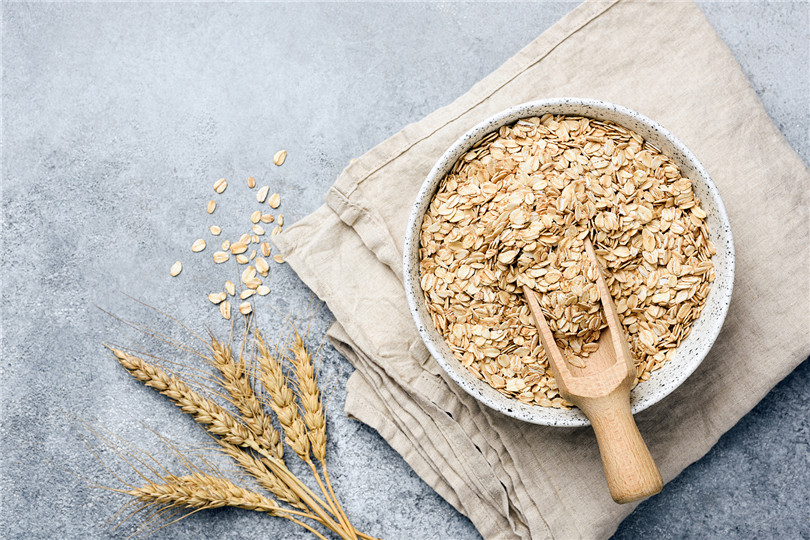
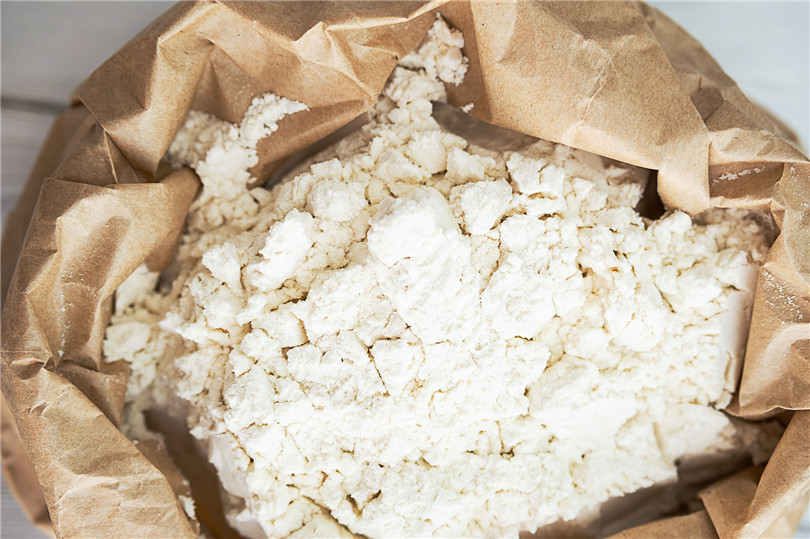
| Product name | Oatproteinpowder | Quantit y | 1000kg |
| Manufacturing batch number | 202209001- OPP | Country of Origin | China |
| Manufacture date | 2022/09/ 24 | Date of expiration | 2024/09/ 23 |
| Test item | Specification | Test results | Test method |
| Physical description | |||
| A ppearance | Light yellow or Off- white free powder | Complies | Visual |
| Taste & Odor | C haracteristic | Complies | S melling |
| Particle size | ≥ 95% pass through 80mesh | 9 8% pass through 80 mesh | Sieving method |
| Protein,g/ 100g | ≥ 50% | 50 .6% | GB 5009 .5 |
| Moisture,g/ 100g | ≤ 6 .0% | 3 .7% | GB 5009 .3 |
| Ash (dry basis), g/ 100g | ≤ 5 .0% | 1.3% | GB 5009 .4 |
| Heavy metals | |||
| Heavy metals | ≤ 10mg/kg | < 10 mg/kg | GB 5009 .3 |
| Lead, mg/kg | ≤ 1 .0 mg/kg | 0 . 15 mg/kg | GB 5009 . 12 |
| Cadmium, mg/ kg | ≤ 1 .0 mg/kg | 0 . 21 mg/kg | GB/T 5009 . 15 |
| Arsenic, mg/ kg | ≤ 1 .0 mg/kg | 0 . 12 mg/kg | GB 5009 . 11 |
| Mercury, mg/ kg | ≤ 0 . 1 mg/kg | 0 .01 mg/kg | GB 5009 . 17 |
| M icrobiological | |||
| Total plate count, cfu/ g | ≤ 5000 cfu/g | 1600 cfu/g | GB 4789 .2 |
| Yeast & Mould, cfu/g | ≤ 100 cfu/g | < 10 cfu/g | GB 4789 . 15 |
| Coliforms, cfu/ g | NA | NA | GB 4789 .3 |
| E. coli,cfu/g | NA | NA | GB 4789 .38 |
| Salmonella,/ 25g | NA | NA | GB 4789 .4 |
| Staphylococcus aureus, / 2 5 g | NA | NA | GB 4789 . 10 |
| Sulfite- reducing clostridia | NA | NA | GB/T5009.34 |
| Aflatoxin B1 | NA | NA | GB/T 5009.22 |
| GMO | NA | NA | GB/T19495.2 |
| NANO technologies | NA | NA | GB/T 6524 |
| Conclusion | Complies standard | ||
| Storage instruction | Store under dry and cool conditions | ||
| Packing | 25 kg/ Fiber drum, 500 kg/pallet | ||
| QC Manager : Ms. Mao | Director : Mr . Cheng | ||
Here are some of the product features:
1.Organic: The oats used to make organic oat protein are grown without the use of synthetic pesticides or fertilizers.
2. Vegan: Organic oat protein is a vegan protein source, meaning it is free from animal-derived ingredients.
3. Gluten-free: Oats are naturally gluten-free, but they can sometimes be contaminated with gluten from other grains during processing. Organic oat protein is produced in a facility free from gluten, making it safe for people with gluten intolerance.
4. Complete protein: Organic oat protein is a complete protein source, meaning it contains all the essential amino acids necessary for building and repairing tissues in the body.
5. High fiber: Organic oat protein is a good source of dietary fiber, which can help support a healthy digestive system and reduce the risk of chronic diseases like heart disease and diabetes.
6. Nutritious: Organic oat protein is a nutrient-dense food that contains vitamins, minerals, and antioxidants that can support overall health and wellbeing.
Organic oat protein has a versatile range of applications in various industries, such as food, beverage, health, and wellness. Here are some of the common applications:
1.Sports nutrition: Organic oat protein is a popular source of protein for athletes and fitness enthusiasts. It can be used in protein bars, protein powders, and protein drinks for post-workout recovery.
2.Functional food: Organic oat protein can be added to a wide range of foods to enhance their nutritional profile. It can be added to baked goods, cereals, granola bars, and smoothies.
3.Vegan and vegetarian products: Organic oat protein can be used to create plant-based meat alternatives like burgers, sausages, and meatballs. 4. Dietary supplements: Organic oat protein can be included in dietary supplements in the form of tablets, capsules, and powders.
4.Infant food: Organic oat protein can be used as a milk replacer in infant formulas.
5.Beauty and personal care: Organic oat protein can be used in hair care and skin care products for their moisturizing and nourishing properties. It can also be used in natural cosmetics and soaps.

Organic oat protein is typically produced through a process of extracting the protein from oats. Here are the general steps involved in the production process:
1.Sourcing Organic Oats: The first step in producing organic oat protein is sourcing the highest quality organic oats. Organic farming practices are used to ensure that no chemical fertilizers or pesticides are used in the cultivation of the oats.
2.Milling the Oats: The oats are then milled into a fine powder to break them down into smaller particles. This helps to increase the surface area, making it easier to extract the protein.
3.Protein Extraction: The oat powder is then mixed with water and enzymes to break down the oat components into smaller parts, resulting in a slurry containing oat protein. This slurry is then filtered to separate the protein from the rest of the oat components.
4.Concentrating the Protein: The protein is then concentrated by removing the water and drying it to create a powder. The protein concentration can be adjusted by removing more or less water.
5.Quality Control: The final step is to test the oat protein powder to ensure that it meets the necessary standards for organic certification, protein concentration, and purity.
The resulting organic oat protein powder can then be used in a wide range of applications, as mentioned before.
Storage: Keep in a cool, dry, and clean place, Protect from moisture and direct light.
Bulk Package: 25kg/drum.
Lead Time: 7 days after your order.
Shelf Life: 2 years.
Remark: Customized specifications also can be achieved.
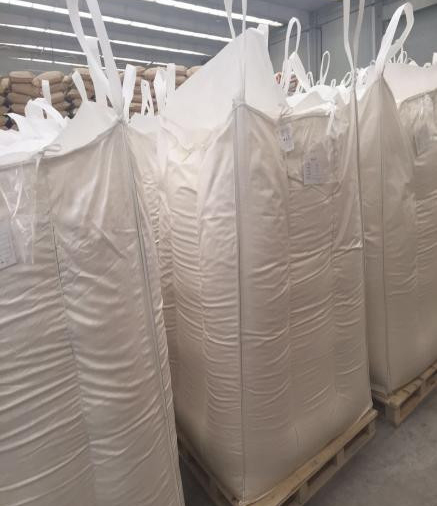
10kg/bags
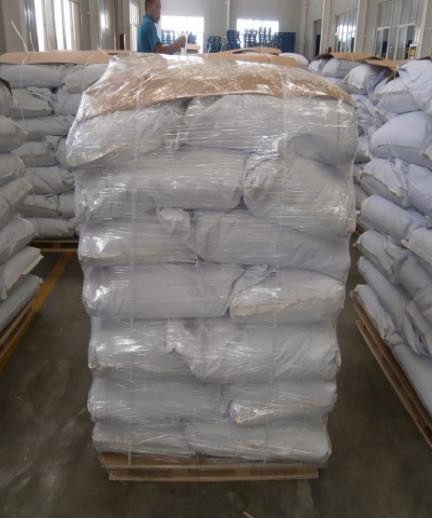
Reinforced packaging
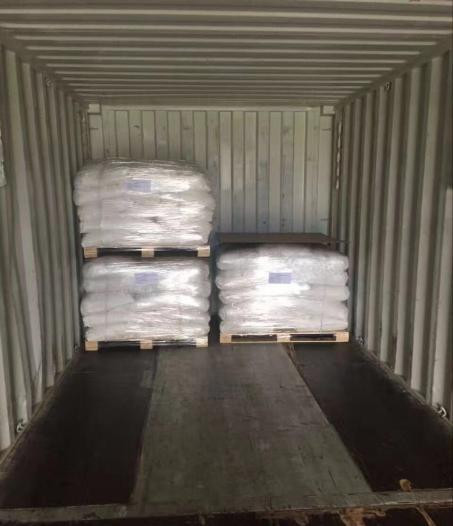
Logistics security
Express
Under 100kg, 3-5Days
Door to door service easy to pick up the goods
By Sea
Over300kg, Around 30 Days
Port to port service professional clearance broker needed
By Air
100kg-1000kg, 5-7Days
Airport to airport service professional clearance broker needed

Organic Oat Protein Powder is certified by ISO, HALAL, KOSHER and HACCP certificates.

Organic oat protein and organic oat beta-glucan are two different components that can be extracted from oats. Organic oat protein is a concentrated source of protein and is commonly used in the food industry as a plant-based protein source. It has a high protein content and is low in carbohydrates and fats. It can be added to a variety of foods and drinks such as smoothies, granola bars, and baked goods. On the other hand, organic oat beta-glucan is a type of fiber found in oats that has been known to provide a number of health benefits. It can lower cholesterol levels, improve blood sugar control, and support the immune system. It is commonly used as an ingredient in food and supplements to provide these health benefits. In summary, organic oat protein is a concentrated source of protein, while organic oat beta-glucan is a type of fiber with various health benefits. They are two separate components that can be extracted from oats and used in different ways.





